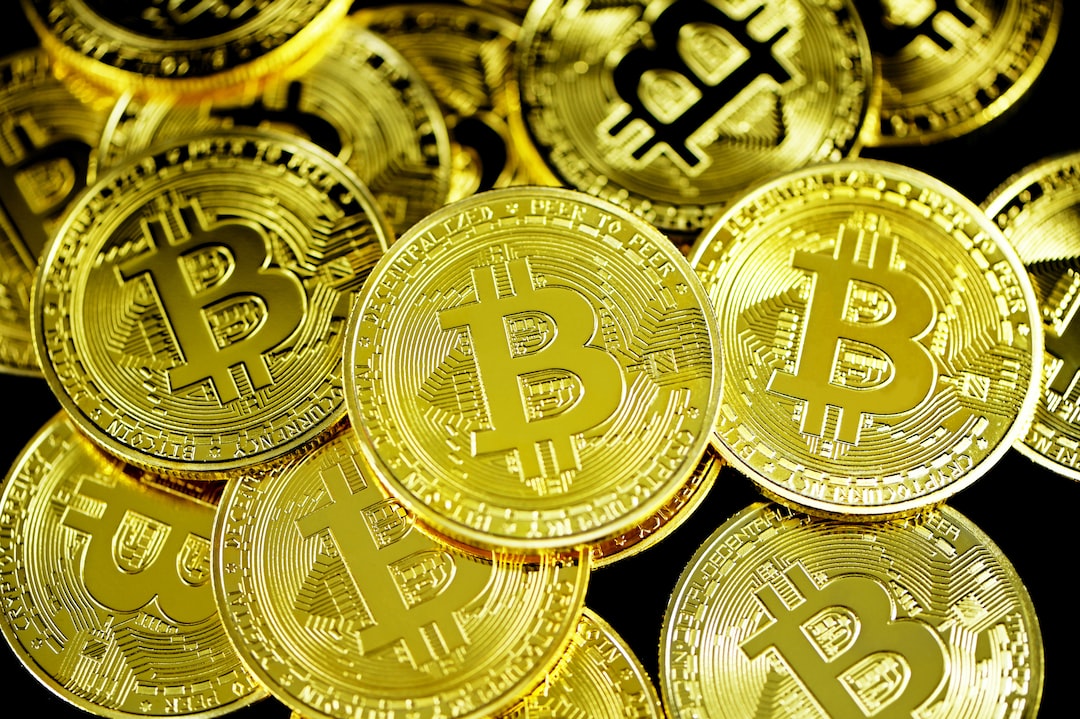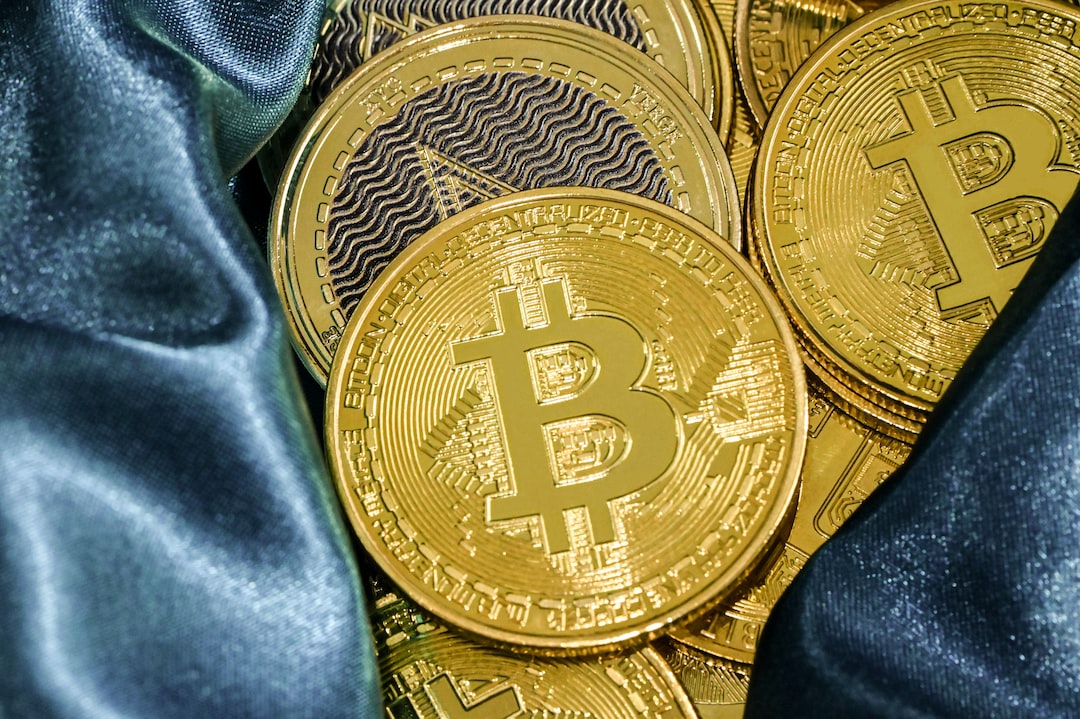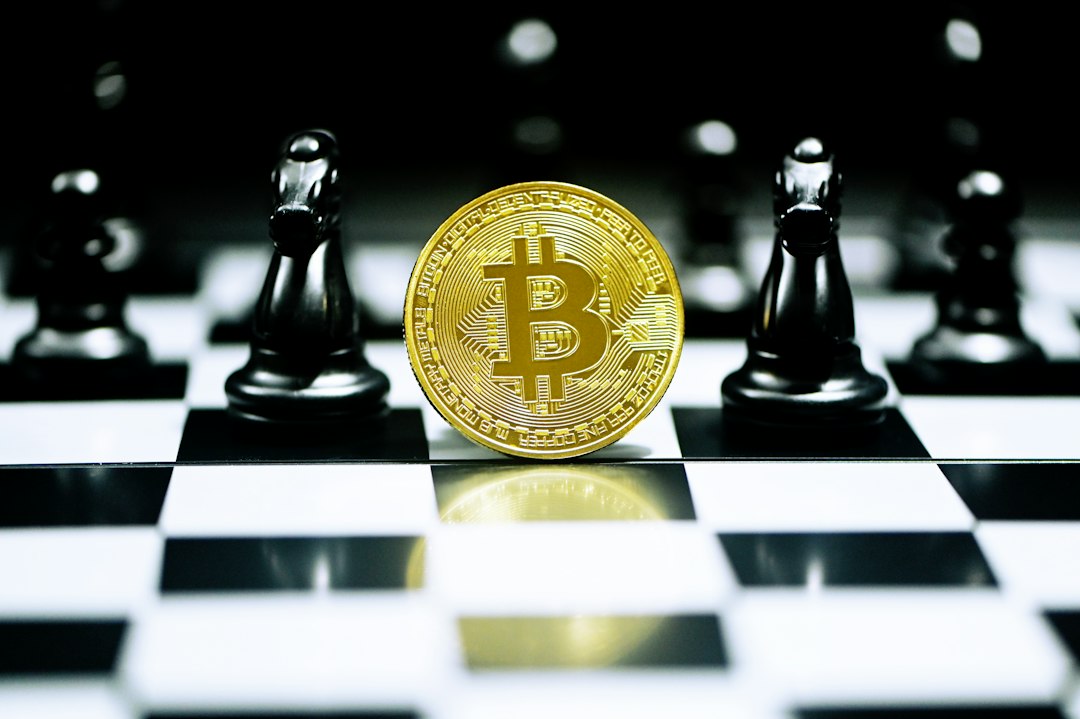Decentralization and Blockchain
In the world of blockchain, decentralization refers to the transfer of decision-making and control from a central authority to distributed networks. This improves security by having multiple computers verify transactions. While cryptocurrencies like Bitcoin, Ethereum, and Tron have promoted decentralization within the decentralized finance (DeFi) environment, Bitcoin itself falls short in this aspect as it is controlled by a few leading mining firms.
Introducing Bitcoin Spark
Bitcoin Spark is a new platform that aims to improve decentralization in the blockchain ecosystem. It incorporates features like interoperability, scalability, and efficiency. The platform utilizes a unique consensus mechanism called proof-of-process, which combines proof-of-stake and proof-of-work.
The Power of Proof-of-Process
Proof-of-process is a proprietary mechanism that rewards validators or miners for confirming new blocks in the ecosystem. These validators provide computing power to the platform, which external entities can utilize for computational tasks. Compared to Bitcoin, the power consumption required for block confirmation is relatively low.
The reward system in Bitcoin Spark is based on processing power. The more you stake, the higher your rewards. However, it is not a one-way process. The proof-of-work mechanism consists of execution layers, consensus layers, mining layers, and rewards layers that work together to facilitate block creation, verification, processing power utilization, and reward distribution.
The Future of Decentralization with Bitcoin Spark
Bitcoin Spark has the potential to revolutionize decentralization in the blockchain industry. Its unique consensus mechanism and reward system make it an attractive platform for investors and miners alike. By addressing issues of centralization and promoting a more distributed network, Bitcoin Spark paves the way for a decentralized future in the world of cryptocurrency.
Hot Take: Bitcoin Spark’s Impact on Decentralization
Bitcoin Spark has the potential to significantly impact decentralization in the blockchain industry. With its innovative proof-of-process mechanism and focus on rewarding processing power, it addresses the centralization issues present in Bitcoin and other cryptocurrencies. By incentivizing miners and validators and promoting a more distributed network, Bitcoin Spark opens up new possibilities for decentralized finance and blockchain technology as a whole.






 By
By
 By
By
 By
By

 By
By
 By
By